Health Disparities Experts

Julia Anglen Bauer
Julia Anglen Bauer’s research centers on addressing fundamental gaps in the understanding of how environmental exposures impact the nervous system across the life course in susceptible populations, including mothers and their infants, adolescents, and workers in global and local settings. She aims to identify susceptibility factors that modify the association between chemical exposures and health, including race and ethnicity, exposure timing, co-exposure conditions, and sex differences. Her work includes using environmental mixtures methods, neural networks and novel biomarkers of exposure, such as deciduous “baby” teeth to estimate retrospective elemental exposures.

Marian Fitzgibbon
Expert on: diet and physical activity interventions, population health
Dr. Marian Fitzgibbon is a professor in the Department of Pediatrics in the UIC College of Medicine and the Division of Health Policy and Administration in the UIC School of Public Health. She also serves as an IHRP associate director and, in the University of Illinois Cancer Center, she is the associate director for cancer prevention and control.
Dr. Fitzgibbon’s research has focused primarily on health risk reduction interventions in minority and underserved populations. She has conducted obesity prevention trials with preschool children and their parents as well as obesity treatment interventions with women.
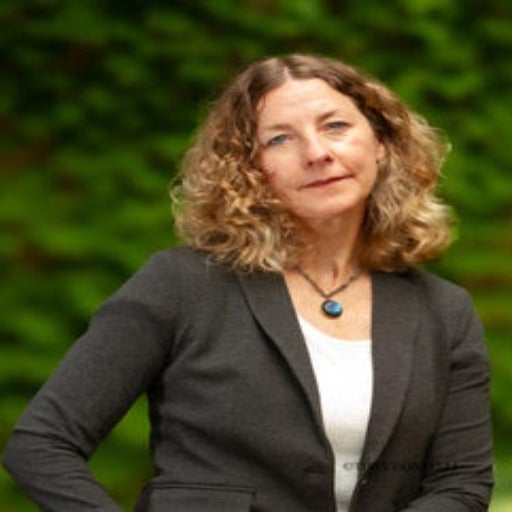
Jeni Hebert-Beirne
At the core, Dr. Hebert-Beirne’s research and practice is focused on systems and structures that produce differences in health outcomes by social identity. Her research and systems change work seeks to create conditions, systems and processes that produce equitable health outcomes.

Sage Kim
Expert on: incarceration, neighborhood effects, health equity.
Sage Kim has focused on effects of concentrated poverty and neighborhood effects on racial/ethnic cancer health disparities. Using various methods such as spatial analysis and multilevel models, she explores spatial patterns of arrest/incarceration, healthcare transition from corrections to community, and neighborhood factors that influence cancer screening and stage of diagnosis. Her research includes the effects of hyper-arrest on neighborhood economic outcomes, racialized surveillance and the use of police gang database, treatment adherence among former inmates with HIV infection, and the uneven distribution of safety net programs.

Uchechi Mitchell
Expert on: racial health inequities, minority aging, stress and resilience, biomarkers, psychosocial factors, disparities in technology use.
Uchechi Mitchell focuses on racial/ethnic disparities in the health and wellbeing of older adults. She uses data from large, national surveys to identify the pathways leading to disparities in psychosocial outcomes (e.g., hopelessness) and biomarkers of physiological functioning (e.g., allostatic load, inflammation). Her research highlights the role of stress, social support and coping in maintaining health and important health resources, like consumer technology.
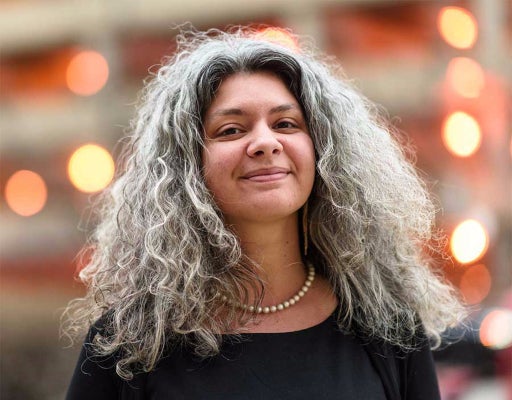
Yamilé Molina
Expert on: cancer disparities, LGBT health.
Yamilé Molina leverages qualitative and quantitative data to highlight the strengths of and available opportunities for marginalized and resilient populations, including racial/ethnic minorities, sexual/gender minorities, and rural residents. Their research includes studies on cancer disparities among African American and Latinos and various investigations into mental health needs of queer populations in the US and Peru.

Naoko Muramatsu
Expert on: frail older adults.
Naoko Muramatsu is an expert on social determinants of health and well-being. Her research focuses on vulnerable populations, including frail older adults and their caregivers with diverse racial and ethnic backgrounds.
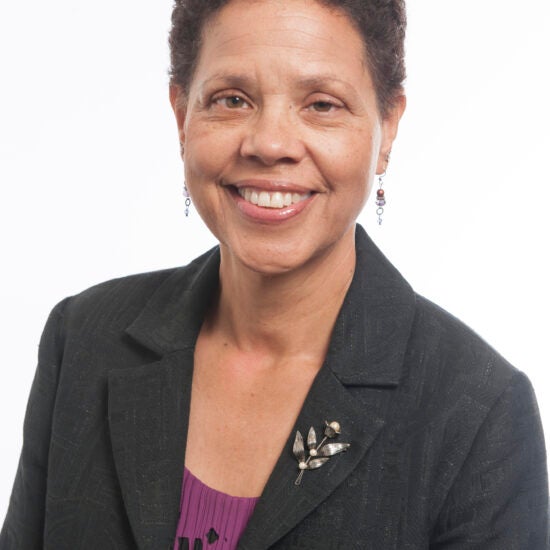
Nadine Peacock
Expert on: disparities in sleep-related infant death, disparities in unintended pregnancy.
Nadine Peacock is a qualitative researcher and anthropologist who has conducted research focused on racial/ethnic disparities in sleep-related infant death and in rates of unintended pregnancy.
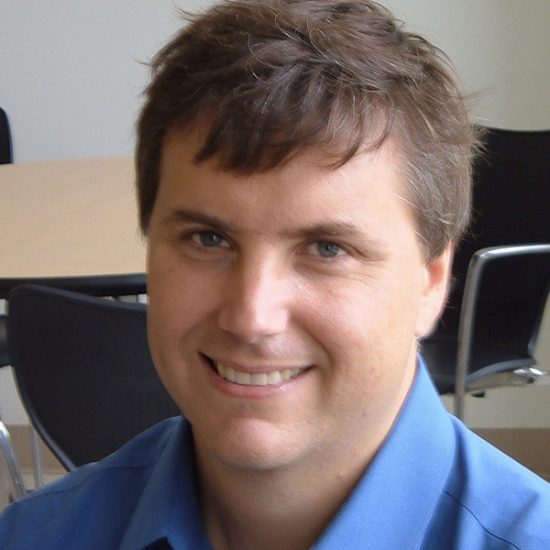
Garth Rauscher
Expert on: cancer disparities.
Garth Rauscher’s work on cancer disparities includes a multi-institutional study of race and gender disparities in colon cancer in metro Chicago (Colon Cancer Patterns of Care in Chicago) and analyses of multilevel determinants of racial and ethnic disparities in breast cancer prognosis. He is working on approaches to augment the Metro Chicago Breast Cancer Registry through linkages to residential histories, and available secondary data sources on environment exposures to better understand the etiology of breast cancer disparities.
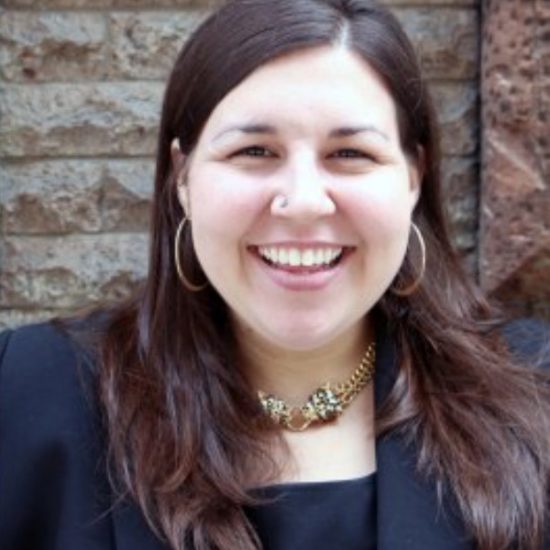
Leslie Williams
Expert on: racial/ethnic disparities in HIV and substance use outcomes; stigma as a barrier to accessing healthcare among people with multiple stigmatized identity aspects and/or health statuses
Dr. Leslie D. Williams conducts research on relationships between stigma and healthcare access/barriers (which perpetuate disparate health outcomes) among people who have multiple intersectionally stigmatized identity aspects (e.g., people who are racial/ethnic minorities and/or justice system-involved, and who also have a stigmatized health status). To assess changes in racial/ethnic disparities in HIV outcomes over time, Dr. Williams has computed annual estimates of HIV prevalence for Black, white, and Latinx men who have sex with men and for Black, white, and Latinx heterosexuals, for 89 U.S. metropolitan statistical areas, over a 22 year period. She is currently studying changes over time in racial/ethnic disparities in fatal opioid overdoses.